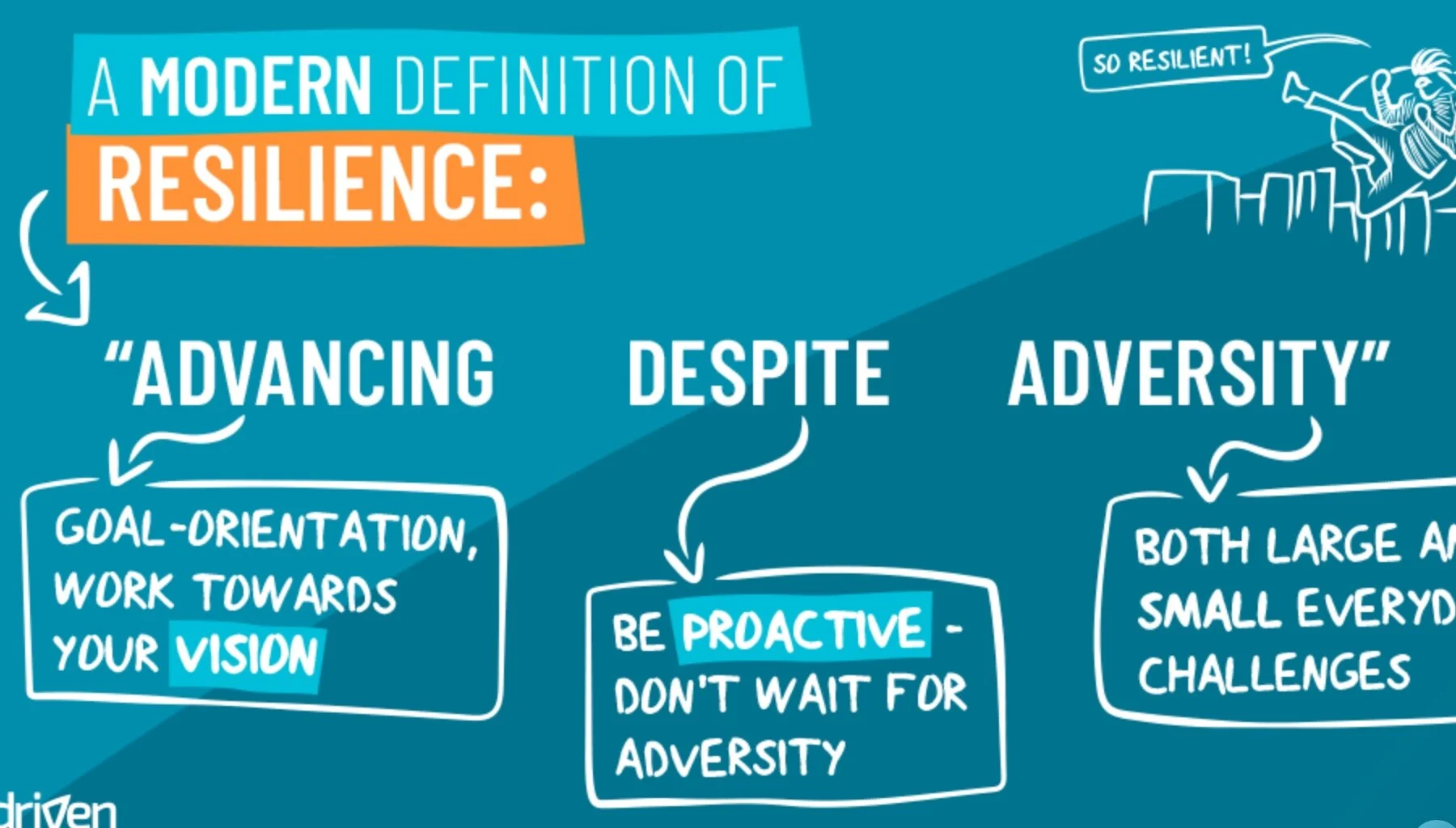An expert discusses the hidden sorrows and emerging opportunities for Parkinson's disease during the COVID-19 crisis
The COVID-19 corona virus crisis has “rocked the world’s” of many persons and families within our worldwide Parkinson’s disease community. We had the honor of sitting down with Professor Bastian Bloem to discuss several “less visible – but also potentially grave – consequences of the covid-19 pandemic for people living with PD.” He is an international expert and co-author of the recent book Ending Parkinson’s Disease and a recent editorial in the Journal of Parkinson’s Disease on this topic (Helmich and Bloem).
Professor Bloem; An International Expert on Parkinson’s Disease
There are many direct threats to the Parkinson community but do we have a blind spot? Is there a threat we as a Parkinson’s community should be proactive in identifying and in addressing?
The measures we are all taking to slow down infection rates are critical but the measures have consequences. We have to keep some of these issues in mind as we plan for improving mental health of persons and families touched by the crisis.
Social distancing has consequences.
Complete lock-down of social and economic life affects our Parkinson’s patients.
Paying attention to increased vulnerability of patients living with a chronic disease
PD is more common in the elderly, and can compromise the respiratory system
Once diagnosed with COVID-19, a diagnosis of PD is a risk factor for worse respiratory complications or a worse outcome
I am worried about the grave consequences in changing the lives of person and families with Parkinson’s disease. This is a blind spot in our thinking.
Professors Helmich and Bloem recently wrote about this topic in the Journal of Parkinson’s disease.
What changes have you heard about in the routines of Parkinson’s patients now at home because of the COVID-19 crisis?
There has been a profound change in people’s normal routines.
Support groups cannot meet in person.
Exercise classes and routines have been disrupted.
In person “face to face” interactions have disappeared outside the home.
There can be a sense of loss of control and increased psychological stress.
Increased psychological stress can temporarily worsen various motor symptoms, such as tremor, freezing of gait or dyskinesias.
We actually do not know if chronic stress can accelerate Parkinson’s disease, which adds worry for some families.
These issues are “worrisome” and should be addressed.
What do we know about resilience in Parkinson’s disease?
Resilience seems to be associated with personality traits such as optimism, creativity, and intelligence.
Social support and “connectedness” to the environment have been described as important to resilience
The current crisis offers opportunities to see who copes best…
Mindfulness is a technique which could be offered through online platforms. I think online solutions are essential to diminish this feeling of social isolation, and to provide comfort and hope for people living with PD- stuck at home.
Are you worried about reduction in physical activity for Parkinson patients stuck at home?
Yes, I am very worried as this is so important for Parkinson’s disease patients!
Many things have disappeared like regular walks, physical therapy and exercise classes. One recent trial, the Park-in-Shape study, compared a home-based physical aerobic exercise intervention (consisting of 30–45 min of stationary cycling on a home-trainer, three times per week for 6 months) with an active control condition (consisting of 30–45 min of stretching, three times per week for 6 months). A between-group longitudinal difference of 4.2 points on the motor scores of the Unified Parkinson’s Disease Rating Scale (MDS-UPDRS) was found, which was both significant and clinically relevant. This is one example of a direction we can move to help our Parkinson’s disease patients.
I worry that a loss of aerobic exercise during the covid-19 pandemic may lead to a worsening of motor symptoms. Non-motor issues such as insomnia or constipation may also worsen.
What is your advice to address the hidden sorrows of Parkinson’s during COVID-19?
This crisis calls for the rapid introduction of better self-management strategies.
We have to better deal with the challenges of social distancing and the other consequences of COVID.
We need to implement self-management strategies to reduce stress (e.g. mindfulness), increase coping (e.g. cognitive behavioral therapy) or increase physical exercise (e.g. home-based training programs, alone or in groups).
The crisis also offers opportunities for research. We can examine how the pandemic influences the course of PD in existing longitudinal cohorts, e.g. by taking advantage of wearable sensors or biological biomarkers.
We should identify and test potential factors protecting patients from the detrimental consequences of this crisis
Our goal should be the increase in insight and in resilience.
Thus, in crisis I remain positive but remind everyone to stay vigilant and address the “hidden sorrows” and emerging opportunities for Parkinson’s disease during the Corona virus crisis.
To read more books and articles by Michael S. Okun MD check Twitter @MichaelOkun and these websites with blogs and information on his books and http://parkinsonsecrets.com/ #EndingPD #ParkinsonPACT #Parkinsonsecrets and https://www.tourettetreatment.com/










